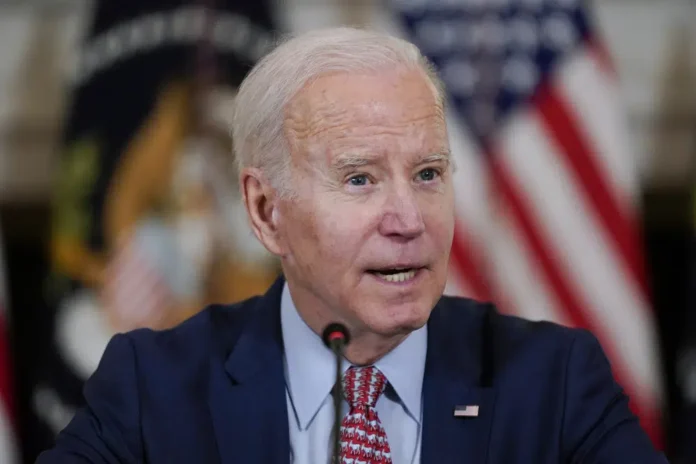WASHINGTON(Reuters)-The recent march on Moscow by the Wagner mercenary group has sparked renewed fears in Washington about the security of Russia’s nuclear stockpile in the face of domestic upheaval.
While the agreement reached on Saturday led by Wagner’s leader, Yevgeny Prigozhin, to withdraw his fighters and avert immediate conflict inside Russia, it has highlighted the weakening grip of President Vladimir Putin on power.
Former U.S. intelligence officials drew parallels to the failed 1991 communist coup, which raised concerns about the security of the Soviet nuclear arsenal and the potential for a rogue commander to seize a warhead.
“The intelligence community will be closely monitoring the Russian nuclear stockpile,” emphasized Marc Polymeropoulos, a former senior CIA officer responsible for clandestine operations in Europe and Eurasia.
Daniel Hoffman, a former senior CIA officer who served as the agency’s Moscow station chief, explained the concern regarding the control of nuclear weapons, stating, “You want to know who has control of the nuclear weapons because you’re worried that terrorists or bad guys like (Chechen leader Ramzan) Kadyrov might come after them for the leverage they can get.”
Kadyrov, who dispatched his militiamen to Rostov-on-Don, the city briefly seized by Prigozhin’s fighters, pledged support to quell the revolt.
Although U.S. officials do not perceive an immediate threat to the security of Russia’s strategic and tactical weapons, the safety of these weapons remains a persistent worry. The 2023 Annual Threat Assessment by U.S. intelligence agencies highlighted concerns about Russia’s nuclear material security, despite improvements in protection and control since the 1990s.
The possibility of a rogue military faction gaining decision-making authority over the weapons in the event of renewed divisions over the war in Ukraine, as exposed by Prigozhin’s mutiny, raises concerns for the United States and its allies.
Hoffman noted the potential for such factions to extort the West, stating, “It’s the ability to extort the West for whatever you want. And they might not play by the same sort of rules that Putin has.”
Russia possesses the world’s largest nuclear arsenal, estimated at 5,977 warheads in 2022, compared to the estimated 5,428 held by the United States, according to the Federation of American Scientists.
Gathering information on Russia’s strategic forces command structure and the security of its stockpile has long been a top priority for U.S. intelligence agencies. However, Putin’s decision in August 2022 to halt U.S. inspections of Russia’s nuclear sites under the New START treaty has made this task more challenging.
As a result, the United States heavily relies on spy satellites to assess the security of nuclear weapons sites and movements of warheads, as well as communications intercepts to monitor the loyalty of Russian commanders.
The former CIA officers emphasized the high stakes of maintaining transparency and command and control of nuclear weapons in Russia, which has been undermined by the absence of treaty-driven cooperation.






